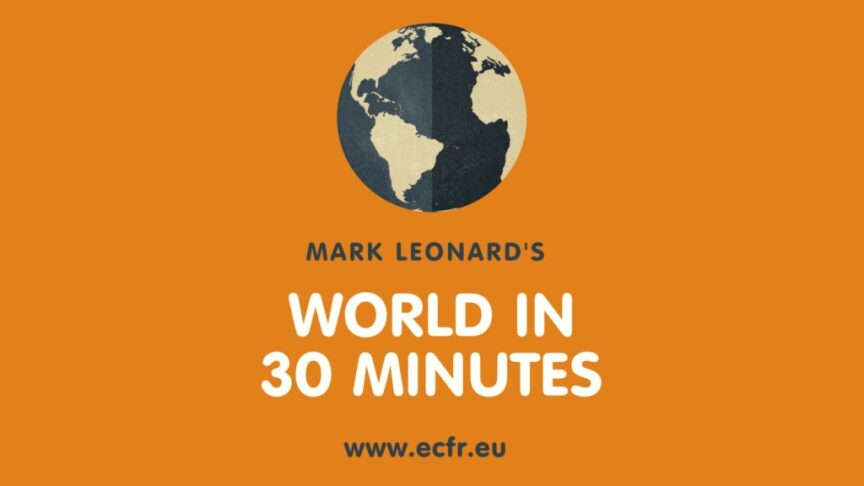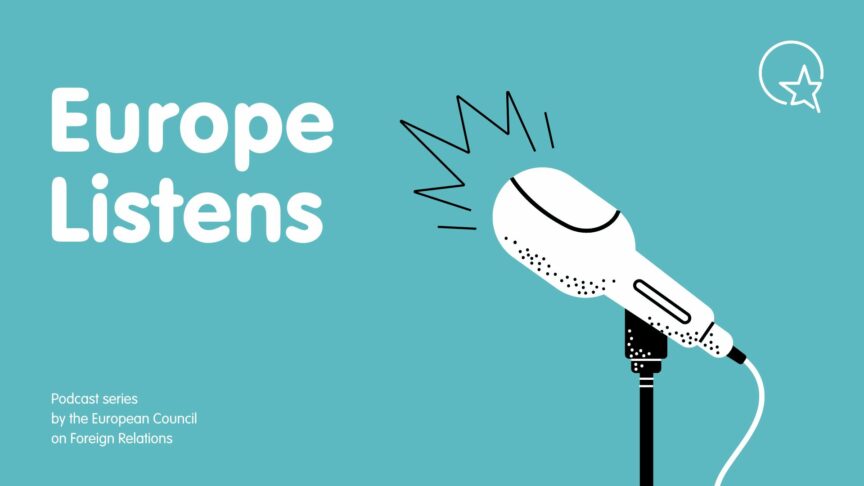America’s 1989
To load the audio player provided by Soundcloud, click the button below. This means Soundcloud will receive technical data about your device or browser, as well as information about your visit on this page. Soundcloud may use cookies and may transfer your data to servers outside the EU, where the level of data protection may not be equivalent to that in the EU. For more information visit our privacy policy.
In the fourth episode on the events of 1989 and how they have shaped and may continue to shape our world in the years to come, host Mark Leonard is joined by Jeremy Shapiro. Jeremy Shapiro is research director here at ECFR, and is able to provide an account of the American experience of 1989, which was much less dramatic than European and Russian collective memories of the event. Nevertheless, 1989 is an interesting jumping-off point for thinking about the lenses of US foreign policy and the foreign enemy paradigm it appears to require. In dialogue with our previous contributors- Timothy Garton Ash and Fyodor Lukyanov- Shapiro analyses the neglect of Russia in American foreign policy thinking and addresses issues such as the rise of China. Did the EU ever really develop a security order accepted by the Russians? What could the US or Europe have done differently in the wake of the Cold War?
This podcast was recorded on 27 November 2019.
Bookshelf:
- “1989: The Struggle to Create a Post-Cold War Europe” by Marie Elise Sarotte



